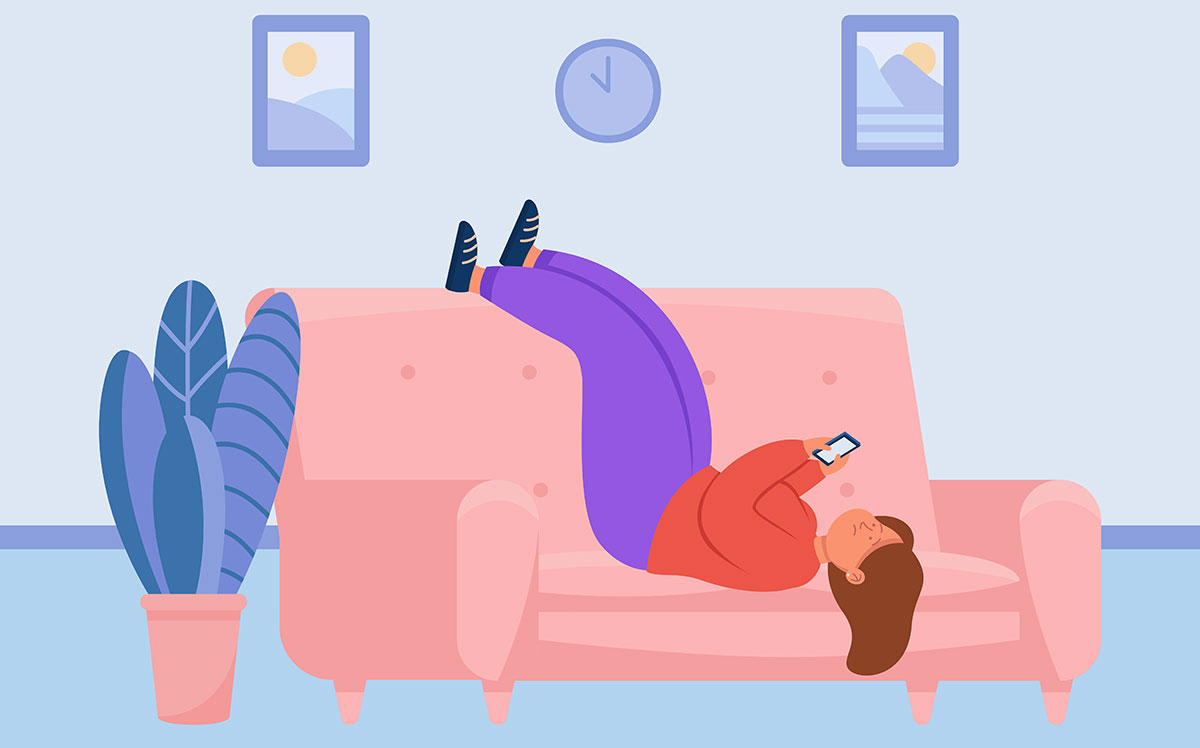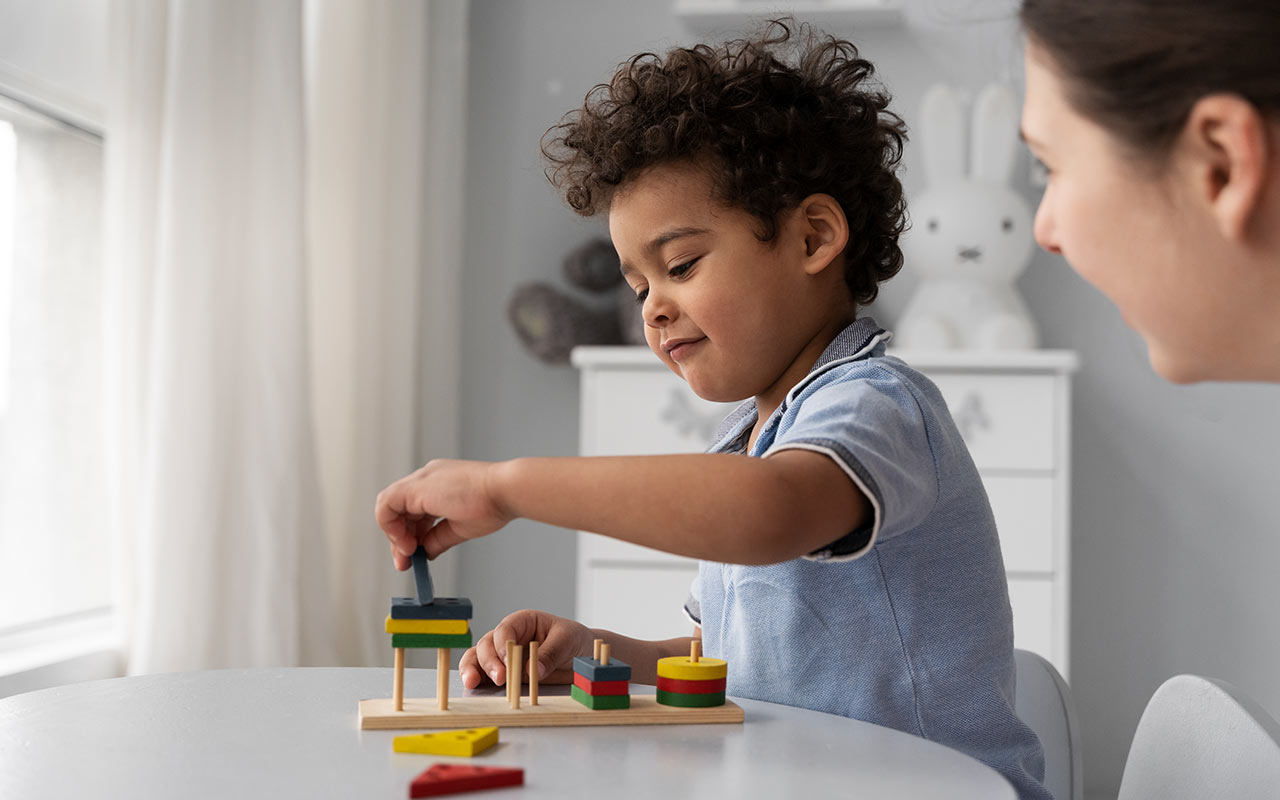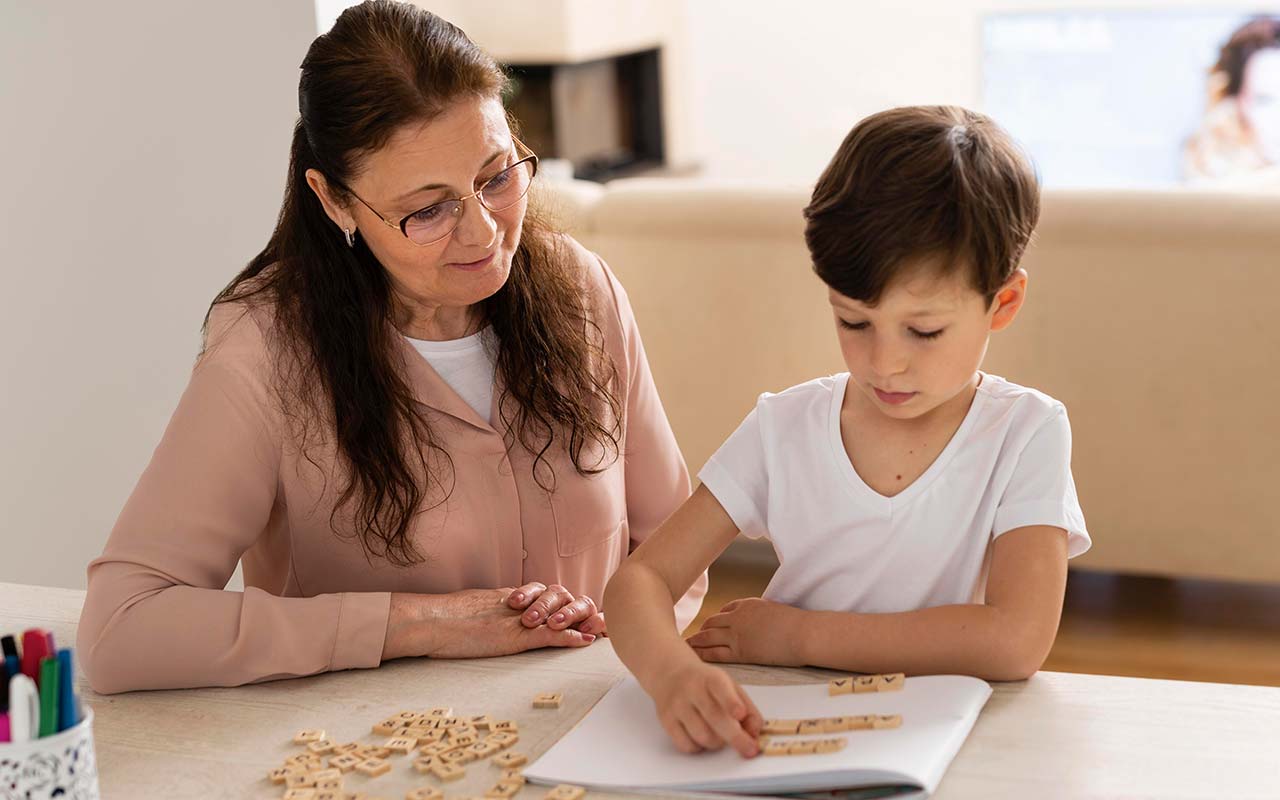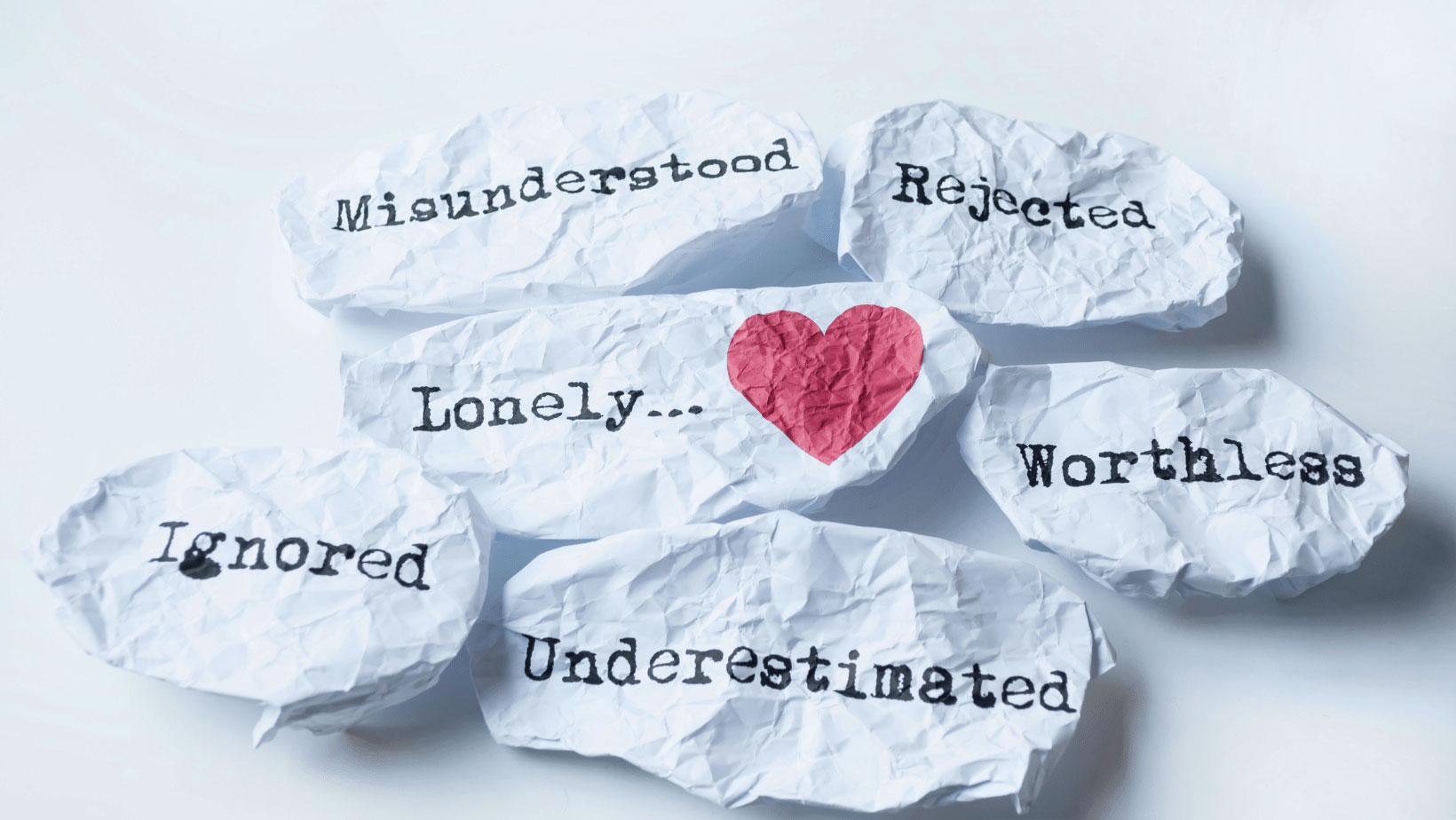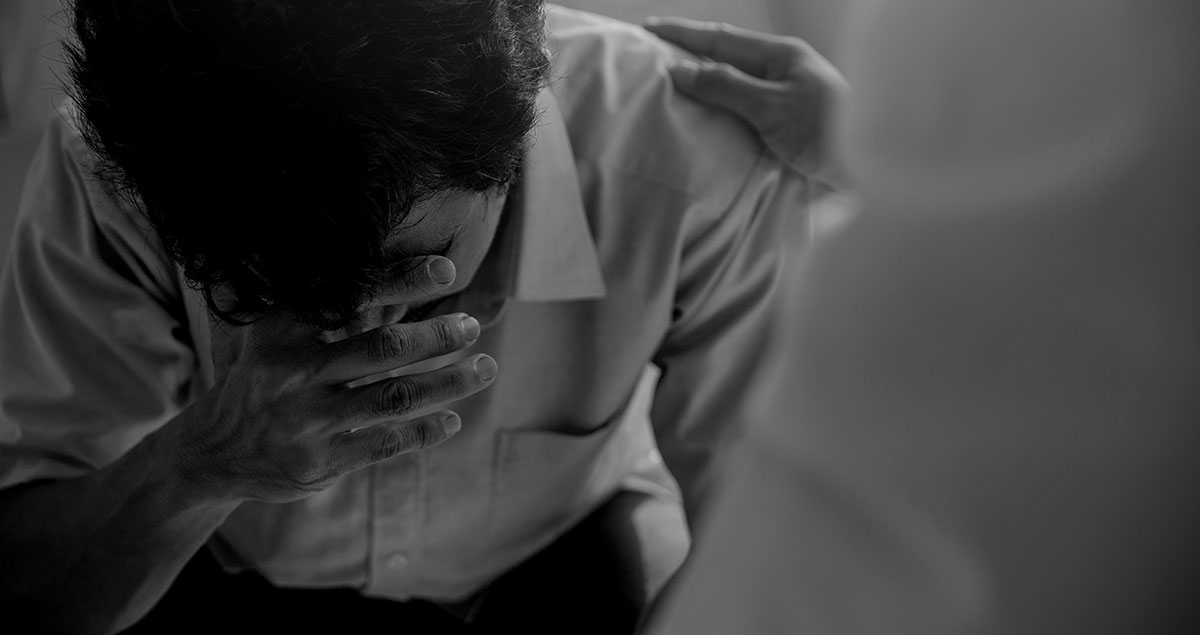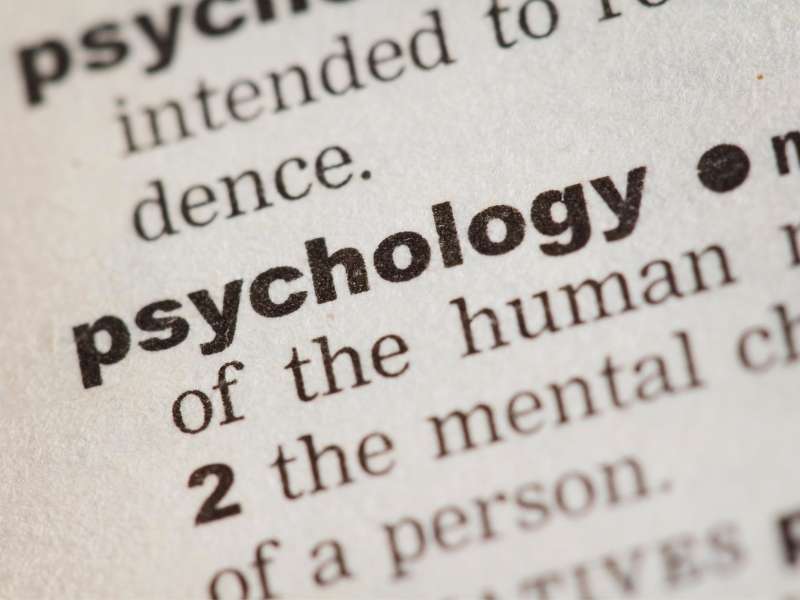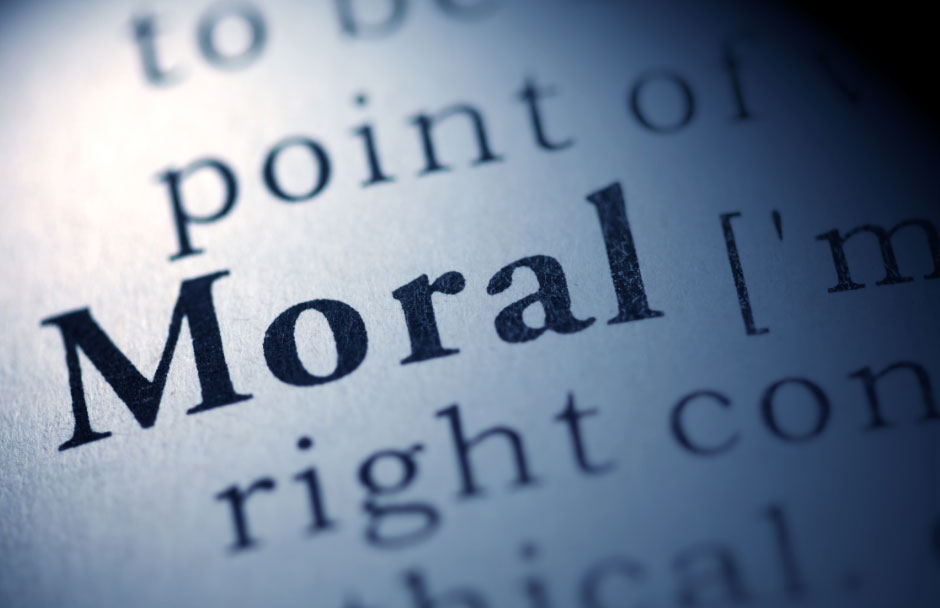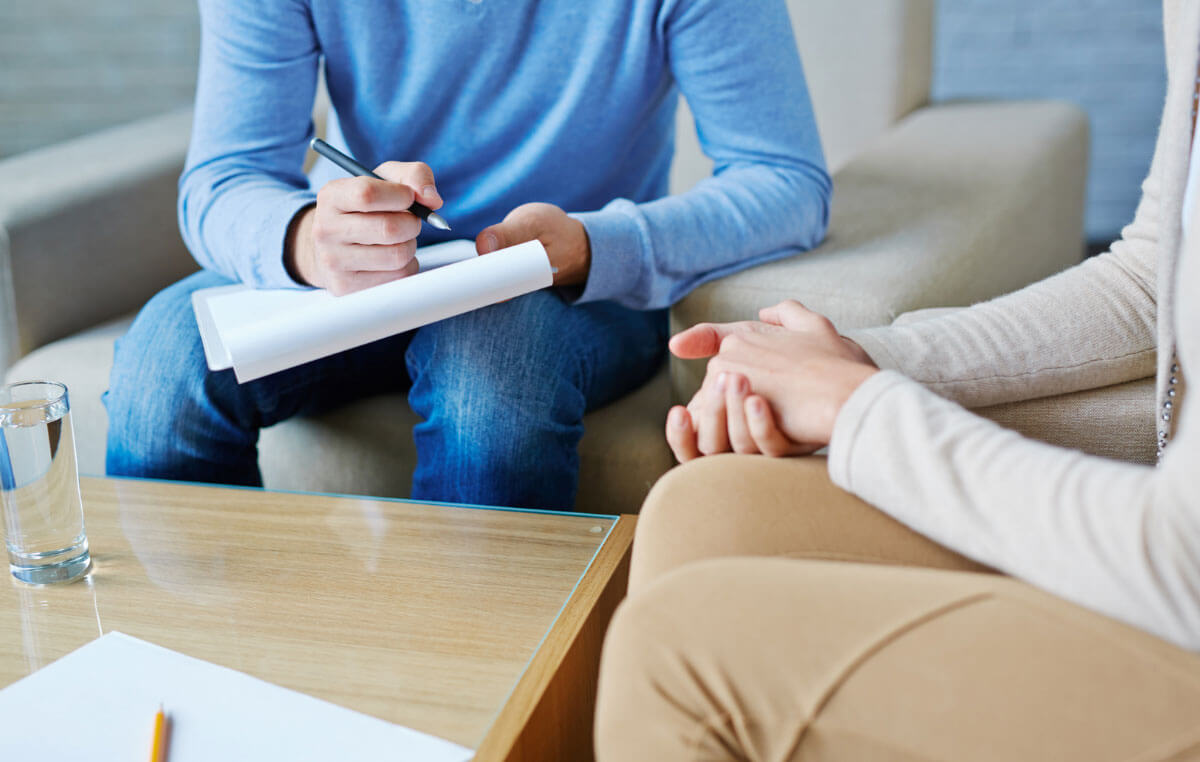Come out from Depression and Anxiety by cutting down on social media
What is Social Media?
Social media is an information technology that facilitates the exchange of ideas, thoughts, and information by creating virtual networks. This is an internet-based connection. Social media platforms allow users to chat, share information, and create web content.
How the social media affects in good badly
People are the masters of social life. To thrive in life, we need companionship with others, and our relationships have a profound impact on our mental health and well-being. Social interaction with others relieves stress, anxiety, and depression, increases self-esteem, provides comfort and joy, prevents loneliness, and even prolongs life. On the other hand, a lack of strong social connections can be a serious threat to your mental and emotional health. In today’s world, most of us rely on social media platforms such as Facebook, Twitter, Snapchat, YouTube, and Instagram to find and connect. Each has its strengths, but it is important to remember that social networks do not replace genuine human relationships. Releasing stress and activating hormones that make you feel happy, healthy, and positive requires personal interaction with others. Interestingly, if technology spends too much time on social media to bring people together, they feel lonely and isolated which can exacerbate mental health issues such as anxiety and depression. If you spend too much time on social media and sadness, dissatisfaction, frustration, or loneliness affect your life, it may be time to reconsider your online habits and find a healthy balance.
Because it is a relatively new technology, little research has been done to determine the long-term consequences of using social media. However, many studies have found a strong association between severe social networks and an increased risk of depression, anxiety, loneliness, self-harm, and even suicidal thoughts. Even if I know that the photos you see on social media are hijacked, they may not be sure what you look like or what is going on in your private life. Likewise, we all know that others share only the highest moments of life and seldom share the lowest moments that others experience. But that doesn’t stop me from being jealous and resentful when I see aerial photos of a friend on vacation on a tropical beach or read about an interesting new commercial at work.
A University of Pennsylvania study found that high use of Facebook, Snapchat, and Instagram is more likely to reduce feelings of loneliness. Conversely, the study found that reducing social media use can make you feel less lonely and isolated and improve your overall well-being. People need personal contact to be mentally healthy. Nothing reduces stress and improves your mood faster or more effectively than making eye contact with someone who cares about you. The more you prioritize social media interaction over personal relationships, the more likely you are to develop or worsen mood disorders such as anxiety and depression.
Depression is a common and serious condition that negatively affects the way you feel, think, and act. Fortunately, it is also treatable. Depression causes feelings of sadness and/or a loss of interest in activities you once enjoyed. It can lead to a variety of emotional and physical problems and can impair your ability to function at work and home. Fear is a feeling of discomfort, like concern or fear that can be light or serious. At one point, everyone has feelings of fear in their life. While 30 minutes a day may not be a realistic goal for many of us, we can still benefit from reducing the amount of time we spend on social media. For most of us, this means reducing the use of our smartphones.
Ways to overcome difficulties
Within this context, we can consider some of the tips to overcome the mental issues concerning the overuse of social media. Use an app to track how much time you spend on social media each day. Then set a goal of how much you want to reduce it. Turn off your phone at certain times of the day, such as while driving, at a meeting, at the gym, at lunch, spending time with friends offline, or playing with your kids. Don’t take your phone to the bathroom. Don’t bring your phone or tablet to bed with you. Turn off the devices and leave them in another room overnight to charge them. Turn off social media notifications. It’s hard to resist the constant buzzing, beeping, and ringing of the phone notifying you of new messages. Disabling notifications can help you regain control of your time. If you find yourself compulsively checking your phone every few minutes, break the habit by limiting your checks to once every 15 minutes. Then once every 30 minutes, then once every hour. Some apps can automatically restrict access to the phone. Try removing social media apps from your phone so that you can only view Facebook, Twitter, and the like from your tablet or computer. If that seems like too drastic a step, try deleting one social media app at a time to see how much you miss them.

